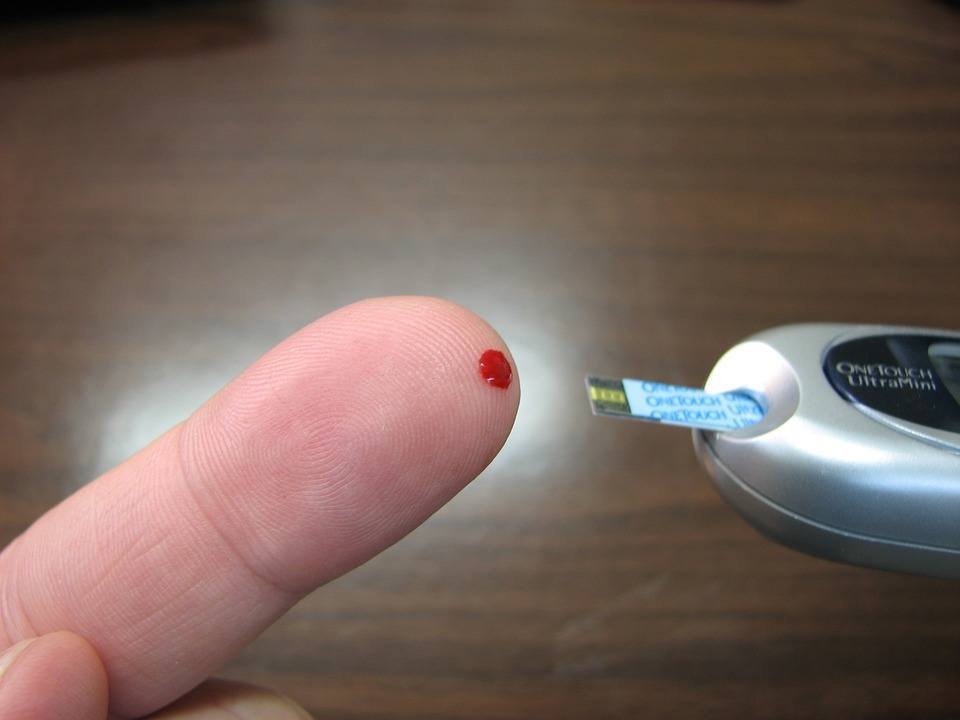A Johns Hopkins expert recommends several strategies to improve our overall health while improving our blood glucose control. They are especially beneficial for our heart health, which is important for those with diabetes as they have a higher risk of heart disease.
According to the Centers for Disease Control and Prevention, about 30 million people in America take diabetes medications or injections, or both, to control their blood glucose.
Even though taking the prescribed medication is essential, it’s not the only thing we should do to help regulate our blood sugar levels. Having diabetes raises the risk of stroke and heart disease by 2 to 4 times, as Everyday Health explains.
That’s why we have to pay more attention to our hearts if we have diabetes.
Rita Rastogi Kalyani is a Johns Hopkins diabetes expert who gives several recommendations for improving blood glucose control and preventing heart problems.
We need to follow her advice to protect our hearts and health from diabetes complications.
1. Lose Extra Pounds
One nationwide study analyzed how weight loss in 5,145 type 2 diabetes patients affects their long-term blood sugar control (A1c), blood pressure, and triglyceride levels.
The results showed that losing just 5-10% of their weight makes them 3 times more likely to reduce their A1C by 0.5%, 50% more likely to reduce their blood pressure levels by five points, and twice as likely to reduce the triglyceride levels by 40 points, in comparison with those who didn’t lose weight.
This shows we don’t have to lose a lot of weight to improve our blood sugar, blood pressure, and triglyceride. This, in turn, protects our hearts from damage.
2. Eat Foods High in Fiber
A review of 15 studies shows that increasing the fiber intake for up to 12 weeks helps reduce blood sugar levels in those with diabetes. In fact, most people don’t get the recommended daily amount of fiber.
According to the American Diabetes Association, those with diabetes should get 14g of fiber for every 1,000 calories.
The participants in the studies received an average of 18g of fiber a day (we can get this amount in a bowl of breakfast cereal and a few extra servings of veggies.)
Researchers recommend choosing vegetables, fruit, and whole grains over bread, sugary treats, rolls, and other refined grain products.
3. Regular Physical Activity
Kalyani says a 30-minute aerobic exercise five days a week can help reduce A1C in those with diabetes by 0.3-0.6%. This includes activities like swimming, walking, riding an exercise bike, etc.
Having 2-3 light strength training sessions weekly will help us build muscle that uses blood glucose for fuel. One study showed that practicing strength training and aerobic exercise every week for almost 6 months reduced A1C in all 251 participants with diabetes by almost 1%.
Even though the drop is small, it was big enough to lower the risk for microvascular complications related to diabetes by a significant 35%.
4. Self-monitoring of Blood Glucose
We need to check our blood sugar levels according to our doctor’s recommendation. This can help us see how our diabetes medications affect our blood glucose levels. Also, to see if they cause some side effects.
Also, we will be able to see how our exercise habits and diet are affecting our blood sugar control. Still, monitoring our blood sugar at home too often is also not recommendable. So, it’s best to consult our doctor.
5. Check ABCs Regularly
Having diabetes increases the risk of heart disease, so it’s good to keep track of the following values:
- Test the A1C as often as recommended by the doctor;
- Check the blood pressure at every visit;
- Test the cholesterol once per year.
What’s more, we should also have our feet checked at every visit. When it comes to our vision and kidneys, check them once a year. Also, have an annual urine microalbumin test and flu shot.
Overall, we should consult our doctor about every part of our health.
6. Quit Smoking
Smoking increases the risk of stroke, heart disease, nerve damage, vision loss, amputation, kidney damage, and blood sugar control problems.
As most people may know, having diabetes increases the risk of all of these problems, so people don’t need additional “help.”


